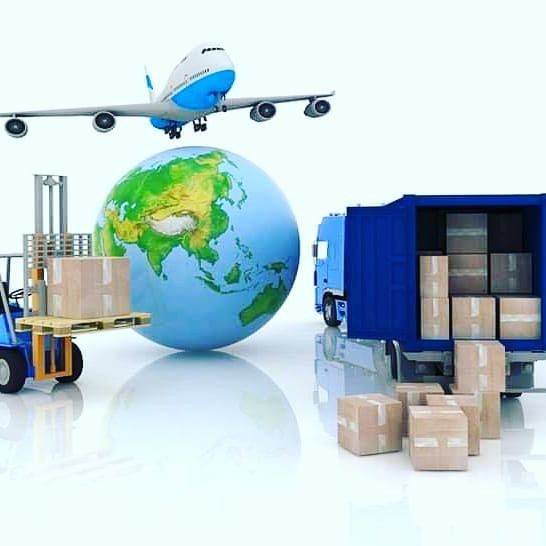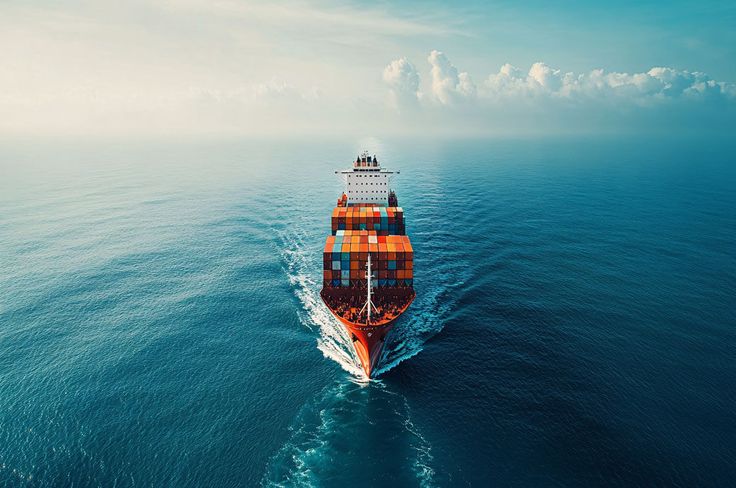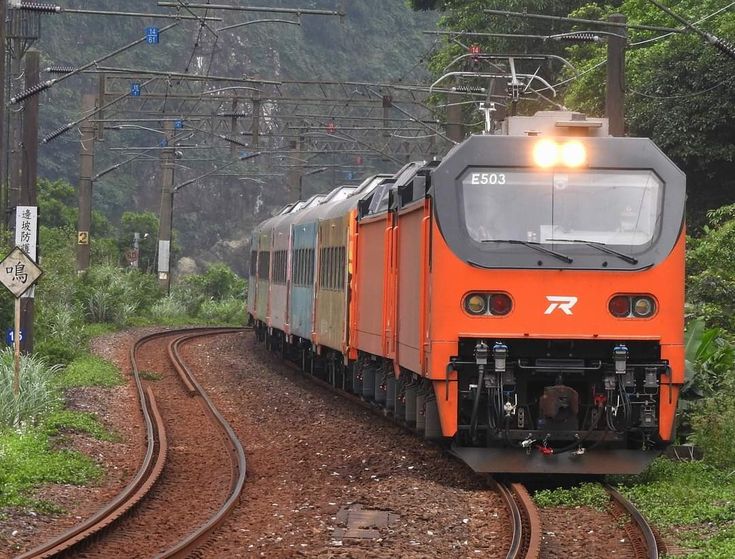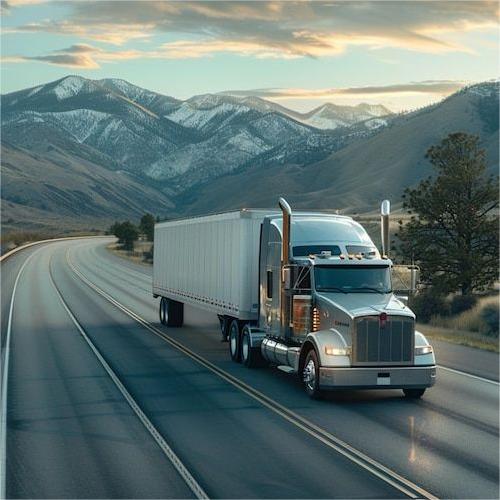Choosing the right China freight forwarding company is critical for importers and exporters who rely on smooth logistics, competitive shipping costs, and timely deliveries. Many businesses struggle with customs clearance, unpredictable transit times, and fluctuating freight rates. This guide will walk you through everything you need to know—services, costs, case studies, and expert advice—to help you find the most reliable partner.
What Does a China Freight Forwarding Company Do?
A China freight forwarding company acts as the bridge between shippers and carriers. Instead of handling just transportation, they provide a complete logistics solution: booking cargo space, negotiating freight rates, preparing customs documents, consolidating shipments, and arranging last-mile delivery.
Moreover, they manage risks by offering insurance, tracking shipments in real time, and handling compliance requirements with local and international authorities. As a result, businesses save both time and money.
Why Should You Partner with a China Freight Forwarding Company?
Working with a trusted forwarder allows businesses to focus on their core operations. Importers benefit from economies of scale, as freight forwarders consolidate shipments to reduce unit costs. Additionally, experienced forwarders navigate complex customs procedures, minimizing clearance delays and penalties.
On the other hand, choosing inexperienced agents often results in hidden charges, missed sailings, or non-compliance with international regulations. Without a doubt, professional support makes the entire supply chain more resilient.
How Much Do Freight Forwarding Services from China Cost?
Freight forwarding costs vary depending on shipping method, cargo size, and destination. Below is a cost comparison showing estimated prices for common routes:
| Shipping Method | Average Cost per 40HQ (USD) | Average Transit Time | Pros | Cons |
|---|---|---|---|---|
| Sea Freight (FCL) | 3,000 – 4,500 | 25–35 days | Low cost for bulk | Long transit time |
| Sea Freight (LCL) | $50 – $80 per CBM | 30–40 days | Flexible for small cargo | Higher per-unit cost |
| Air Freight | $5 – $8 per kg | 5–8 days | Fast delivery | Expensive |
| Rail Freight (China–Europe) | $2,000 – $3,000 per 40HQ | 18–22 days | Balance of speed & cost | Limited coverage |
| Express Courier | $7 – $12 per kg | 3–6 days | Best for samples/urgent cargo | High cost |
Accordingly, sea freight remains the most affordable choice for bulk shipments, while air freight is ideal for urgent goods.
What Documents Do You Need for Freight Forwarding?
Customs documentation is a critical part of forwarding services. Missing or incorrect papers often cause delays. Below is a quick checklist:
| Document | Purpose |
|---|---|
| Bill of Lading / Air Waybill | Proof of shipment and receipt |
| Commercial Invoice | Declares cargo value |
| Packing List | Provides detailed cargo description |
| Certificate of Origin | Required for customs and trade agreements |
| Import/Export Licenses | Compliance with government regulations |
| Insurance Certificate | Protects against cargo loss/damage |
Therefore, an experienced China freight forwarding company ensures all documents are correctly prepared.
How Do You Choose the Best China Freight Forwarding Company?
When evaluating forwarders, consider:
- Experience: Do they specialize in your product type?
- Network: Do they cover your destination country?
- Pricing: Are their rates transparent and competitive?
- Customer Service: Do they offer real-time updates and dedicated support?
- Compliance: Do they ensure documentation accuracy and customs clearance reliability?
Furthermore, reading reviews and requesting case studies will help identify trustworthy providers.
Should You Choose Sea, Air, or Rail Freight from China?
| Mode | Cost | Transit Time | Best For |
|---|---|---|---|
| Sea Freight | Low | Long | Bulk goods, non-urgent shipments |
| Air Freight | High | Short | Perishables, urgent cargo |
| Rail Freight | Medium | Moderate | Time-sensitive goods to Europe |
| Courier | Very High | Very Short | Samples, small urgent parcels |
To illustrate, sea freight suits cost-sensitive shipments, whereas air freight fits businesses where timing is critical.

What Are the Pros and Cons of Working with Freight Forwarders?
Advantages:
- Consolidated costs lower shipping rates.
- Customs expertise prevents clearance delays.
- Strong carrier networks ensure reliable bookings.
- Comprehensive logistics reduce supply chain risks.
Disadvantages:
- Service fees may increase overall costs.
- Quality varies widely among providers.
- Smaller forwarders may lack international reach.
Although there are drawbacks, the benefits typically outweigh the risks when working with reputable partners.
Can Small Businesses Benefit from Freight Forwarding?
Absolutely. Small importers often lack the resources to negotiate directly with carriers. Forwarders consolidate cargo from multiple shippers, enabling smaller businesses to access affordable freight rates. Additionally, they handle customs paperwork, making international trade accessible without extensive logistics knowledge.
Real Case Study
Case 1:Electronics from Shenzhen to Hamburg
- Origin & Destination: Shenzhen, China → Hamburg, Germany
- Cargo: 40HQ container with 22 tons of consumer electronics
- Mode: Sea freight (FCL)
- Cost: USD 3,420
- Transit Time: 29 days
Case 2: Garments from Guangzhou to New York
- Origin & Destination: Guangzhou, China → New York, USA
- Cargo: 2,000 kg apparel, packed in cartons
- Mode: Air freight
- Cost: USD 13,200 (at $6.6/kg)
- Transit Time: 7 days
Conclusion
Partnering with a China freight forwarding company is essential for businesses looking to simplify global trade, reduce logistics risks, and manage shipping costs effectively. From negotiating freight rates to handling customs clearance, these companies ensure your cargo reaches its destination safely and on time. With the right partner, you gain a competitive advantage in international markets and a stronger supply chain to support your growth.
- Consult TJ China Freight Forwarding for the lowest quote. They will provide you with reliable, cost-effective service.
FAQ:
Q1.What is the cheapest way to ship from China for small businesses?
The cheapest way is usually Less than Container Load (LCL) sea freight, where cargo is consolidated with others. This reduces costs per cubic meter while still ensuring reliable delivery. For example, apparel retailers often choose LCL shipping when they don’t have enough goods to fill a full container. Although transit time is longer, it offers cost savings for businesses with flexible delivery schedules.
Q2.How can I track my shipment when using a China freight forwarding company?
Most forwarders provide online tracking portals or real-time updates via email. Tracking is usually linked to the Bill of Lading or Air Waybill number. By entering the code into the system, shippers can monitor cargo movement across ports, airports, and warehouses. Reliable forwarders also assign dedicated agents who proactively notify customers about delays or customs holds, ensuring better visibility and peace of mind.
Q3.What factors affect the total shipping cost from China?
Shipping costs depend on cargo weight, volume, route, transport mode, and seasonal surcharges. Additionally, customs duties, documentation fees, and local delivery charges must be considered. For instance, sending a 40HQ container from Shanghai to Los Angeles costs far less per unit than air shipping the same volume. Working with an experienced forwarder helps manage all hidden expenses efficiently.
Q4.Which shipping method should I choose for urgent deliveries?
Air freight or express courier is the best choice for urgent cargo. While costs are higher, transit times are significantly shorter, often under one week. For example, electronics importers often use air freight during peak sales periods when demand spikes suddenly. Forwarders can suggest hybrid solutions, combining air for critical stock and sea for replenishment, balancing both cost and speed.
Q5.How do freight forwarders handle customs clearance?
Forwarders prepare and submit documents such as invoices, packing lists, and certificates of origin to customs authorities. They also ensure compliance with destination regulations. If duties or taxes apply, forwarders coordinate with customs brokers to arrange payment and clearance. In addition, they handle unexpected inspections or verifications, preventing delays. Choosing an experienced provider minimizes risks of penalties and shipment holds.





